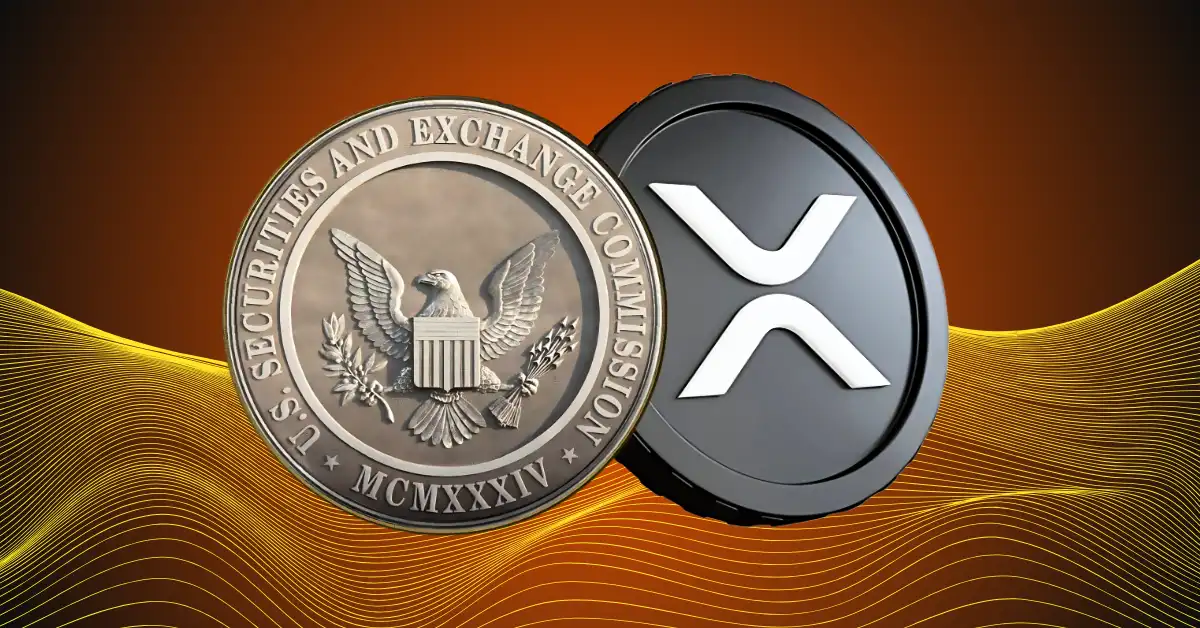Better Markets Inc. submitted an Amicus Brief supporting the SEC in the ongoing Ripple lawsuit. The brief challenges the trial court’s decision, which found that Ripple’s programmatic sales of XRP were not securities transactions. However, prominent legal expert, Jeremy Hogan has criticized the brief for misinterpreting the judge’s findings.
Legal Concerns About Misinterpretation
Hogan cited the court’s ruling, noting that the decision focused on Ripple’s programmatic sales, which were conducted through blind bid/ask transactions. Through blind bid transactions, buyers could not see who sold them XRP, making it unclear whether Ripple sold the tokens or other market participants.
“Ripple won because purchasers didn’t know whether they were buying from John Smith, Shen Chui, OR Ripple and THEREFORE could not have been relying on the seller to increase the price,” he said.
Moreover, the judge explained that XRP buyers cannot trust Ripple’s value-increasing activities because they remain unknown to buyers.
Also Read: Better Markets Supports SEC’s Appeal Against Ripple, Cites Investor Protection Risks
Hogan pointed out significant flaws in the Better Markets brief, arguing that it failed to address the key reasoning behind the court’s decision.
According to Better Markets, the SEC needs to have more control over cryptocurrencies with their current regulations. Though it disagrees with the court’s decisions, it avoids discussing how buyers did not know the seller’s identity.
The trial court decided following a careful examination of all available evidence collected from both Ripple and the SEC. Court documents revealed that Ripple processed transactions without sharing the source of XRP to purchasers. Hogan stated that the core of the ruling existed as a separate point yet failed to receive proper attention in the Amicus Brief.
The Role of Regulations in Crypto Transactions
This case highlights the challenges of applying securities regulations to digital assets, particularly in anonymous and decentralized markets. The court’s ruling highlights the unique nature of cryptocurrency transactions, which often lack the transparency required under traditional securities frameworks.
Legal experts suggest this case emphasizes the need for more precise rules tailored to the evolving cryptocurrency ecosystem. Ultimately, while Better Markets seeks to support the SEC, its Amicus Brief has been criticized for failing to engage with the factual and legal reasoning of the court’s decision.
As the lawsuit advances, the focus on regulatory approaches for digital assets remains central to the debate.
Also Read: Settlement or Dismissal Expected in Ripple Lawsuit Soon, Former Exec Says, See When
